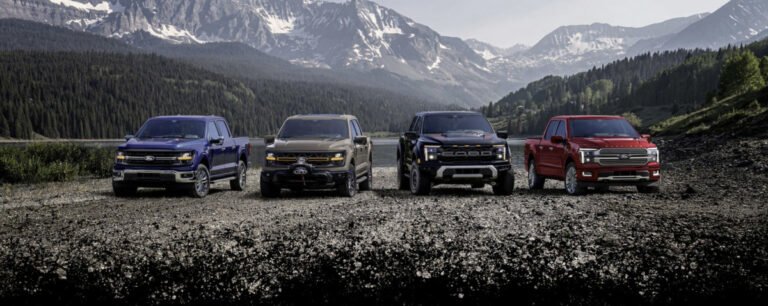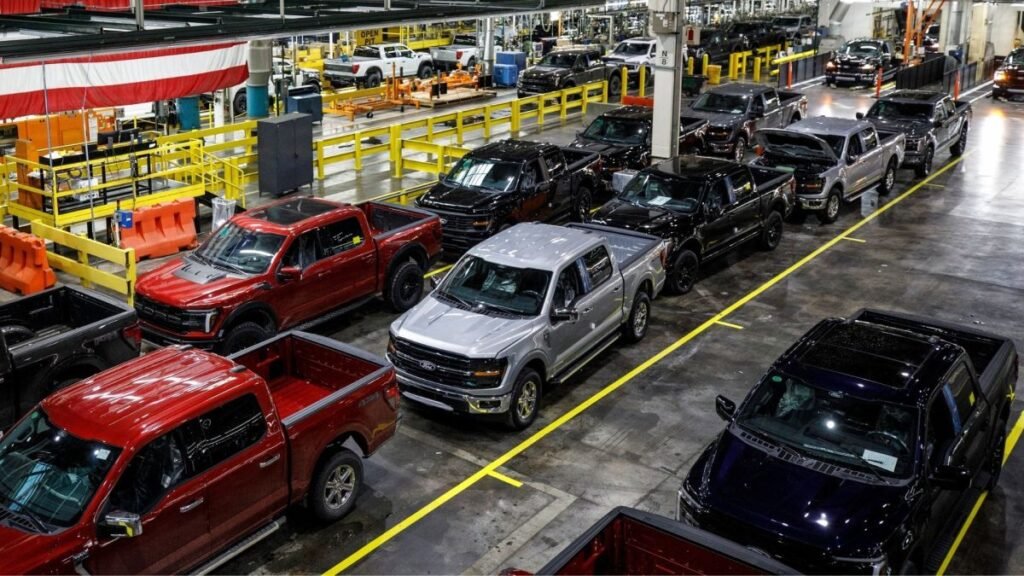
Ford is ramping up truck production to meet surging demand for its best-selling F-Series lineup. The automaker plans to build over 50,000 additional F-150 and Super Duty models in 2026 while adding more than 1,000 new US jobs to recover from supply losses caused by this month’s aluminum plant fire.
Production Push After Novelis Fire Setback
Ford will expand operations at its key truck plants in Michigan and Kentucky early next year, aiming to restore lost output and solidify its dominance in the fiercely competitive full-size pickup market. The move aims to make up for lost time after a fire at supplier Novelis, which slowed the flow of aluminum used in F-Series production. The increased production also aims to meet demand for the arrival of the updated 2026 Ford F-150, which brings new tech to America’s favorite truck, while keeping its broad mix of gas, hybrid, and electric variants intact.
More Than 1,000 New Jobs Across US Plants
Ford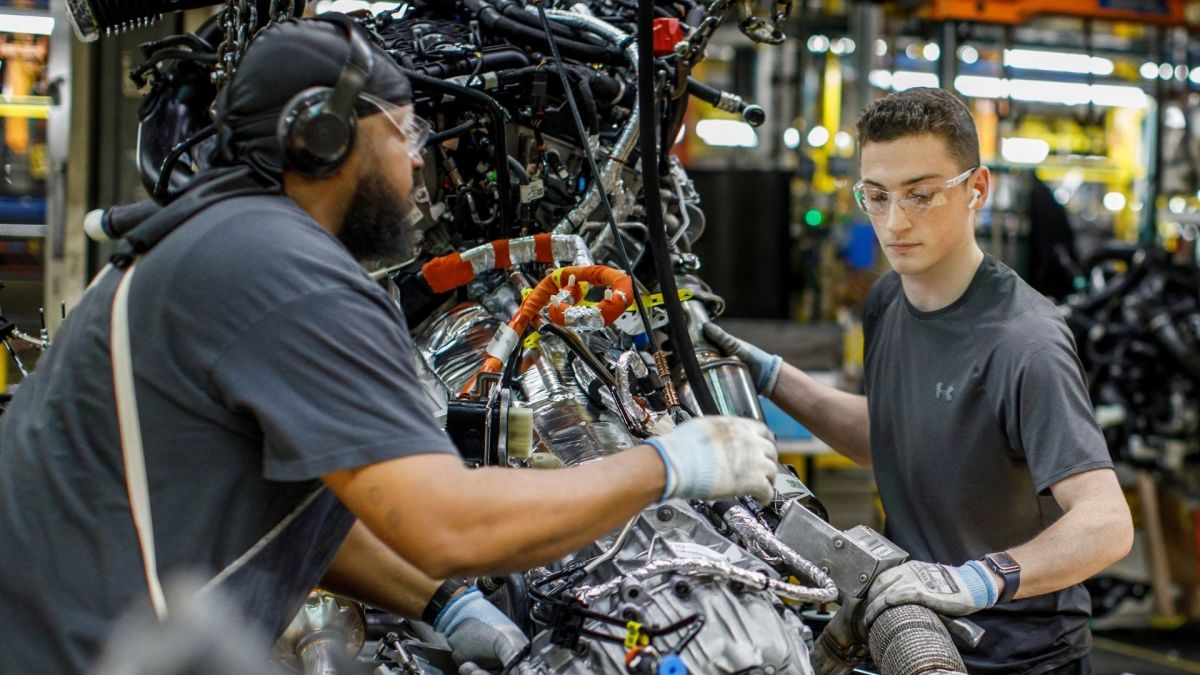
Ford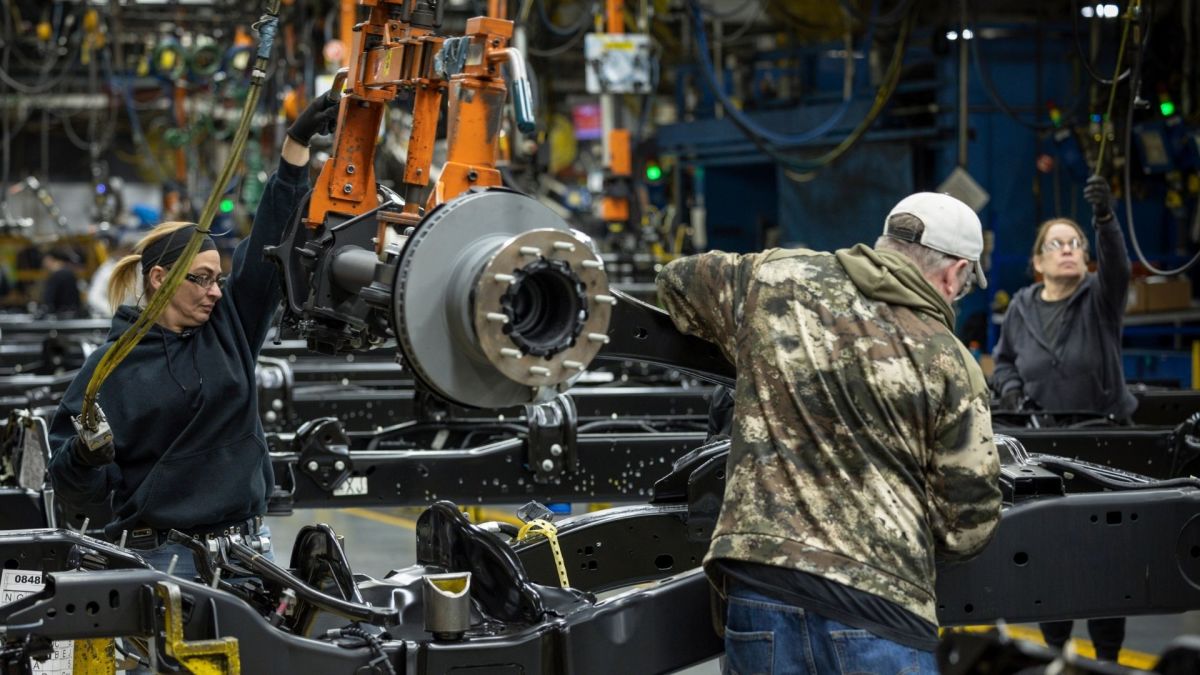
Ford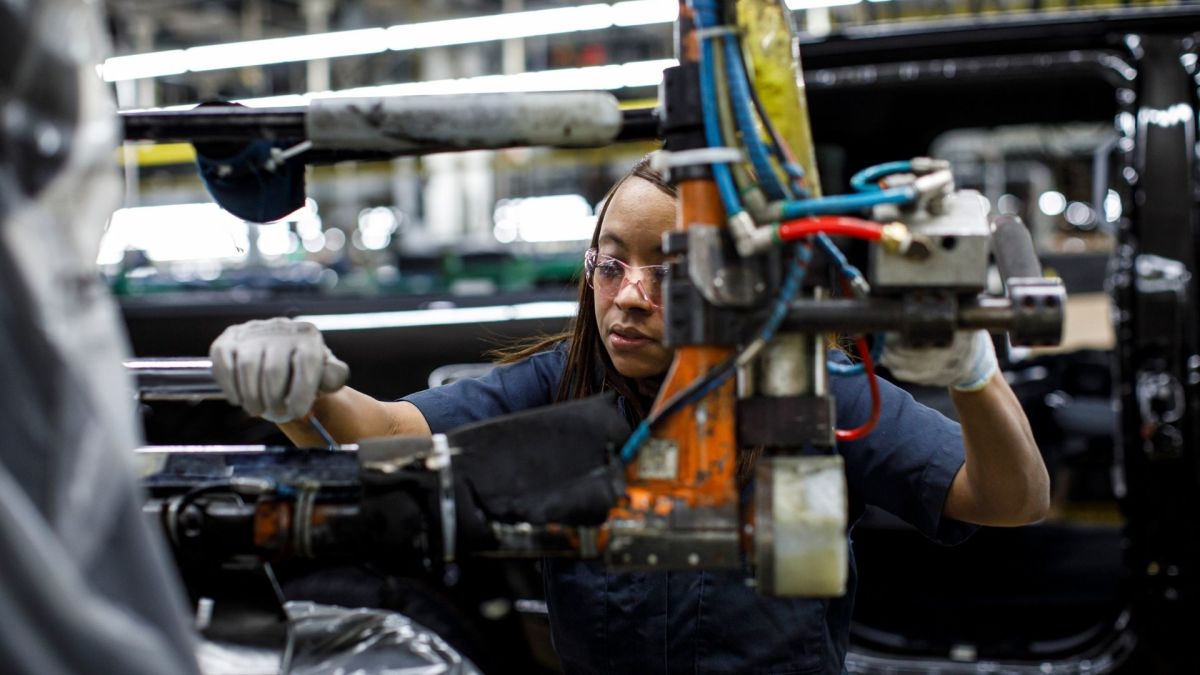
To handle the increase, Ford will add a third crew at its Dearborn Truck Plant in Michigan – about 1,200 employees – and more than 100 new positions at the Kentucky Truck Plant in Louisville. The latter will also see a $60 million investment to boost Super Duty line speed and training. Ford Chief Operating Officer Kumar Galhotra said the company is committed to supporting American manufacturing while working with the UAW to ensure steady output of “America’s most popular vehicle – F-Series trucks.” The move reinforces Ford’s effort to strengthen domestic production after a challenging year marked by supply disruptions, labor pressure, and tariffs.
Ford Shifts Focus to Gas and Hybrid Models
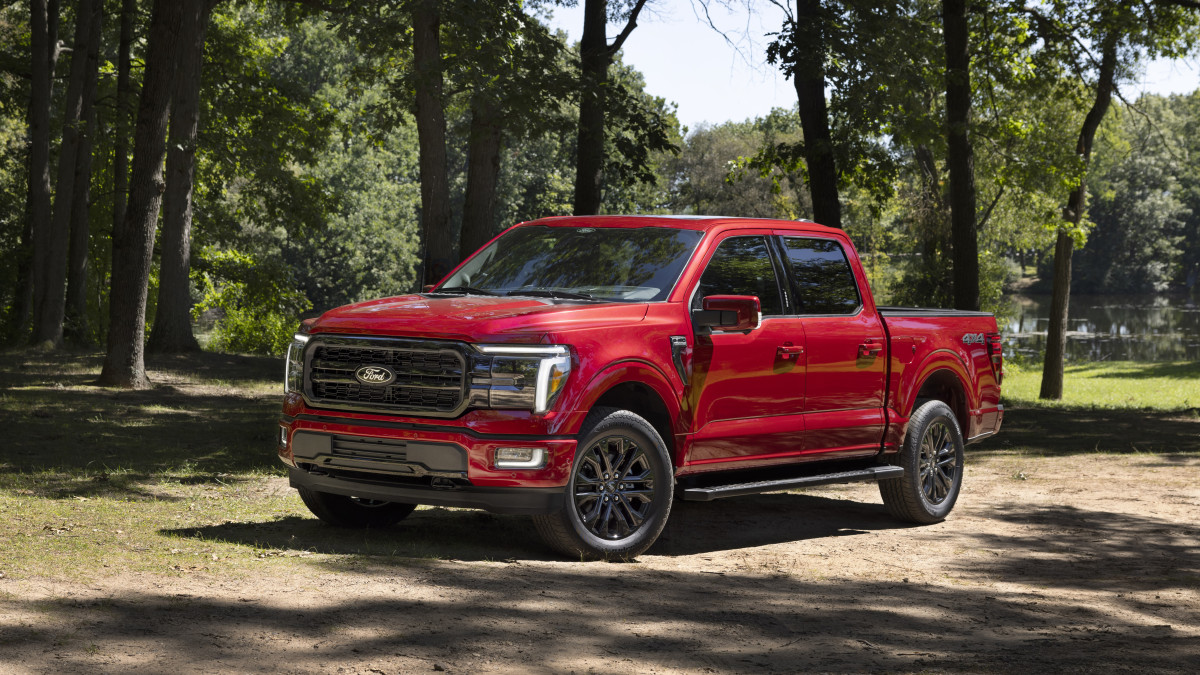
Ford
While Ford continues to offer strong financing deals on the F-150 lineup, its electric counterpart, the all-electric F-150 Lightning, has faced slower sales. The company recently rolled out new lease incentives to spark interest in the EV, but production remains paused as Ford redirects employees to build more gas and hybrid trucks. With their healthy margins and consistent demand, traditional F-Series models remain Ford’s backbone. As the automaker scales up output and adds jobs, it’s clear the future of Ford’s truck business still runs on fossil fuels for the time being.

